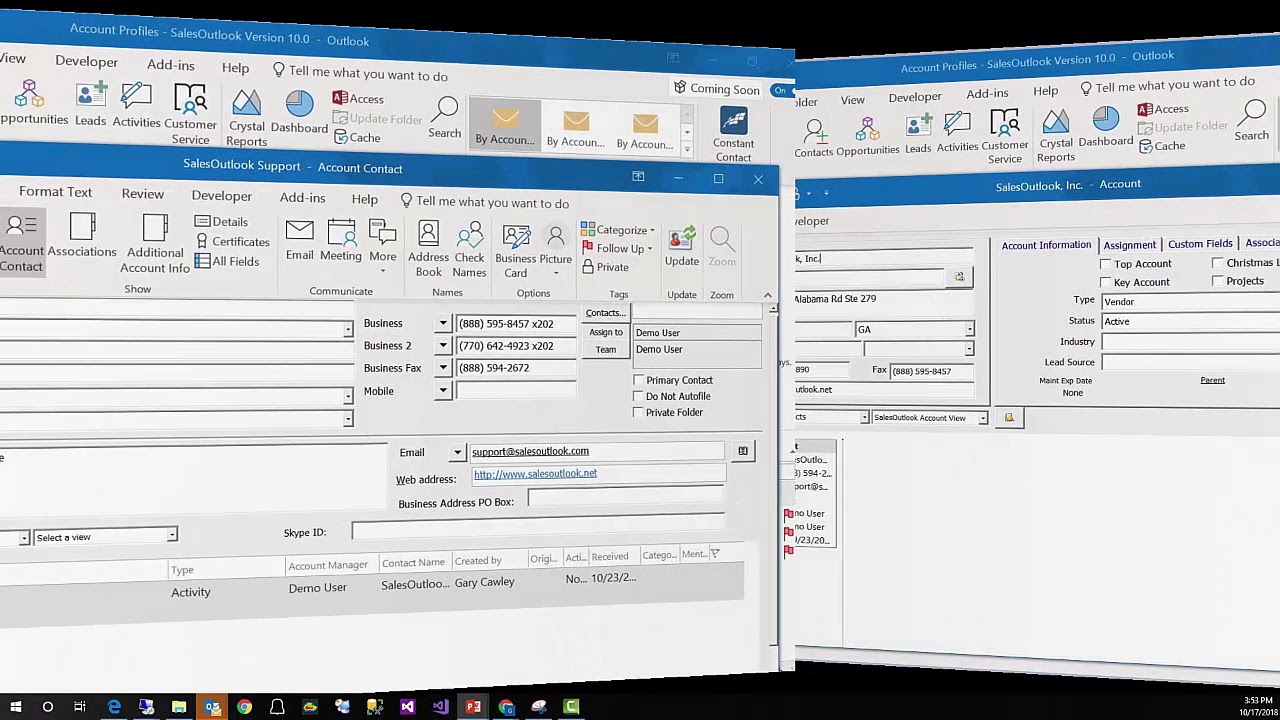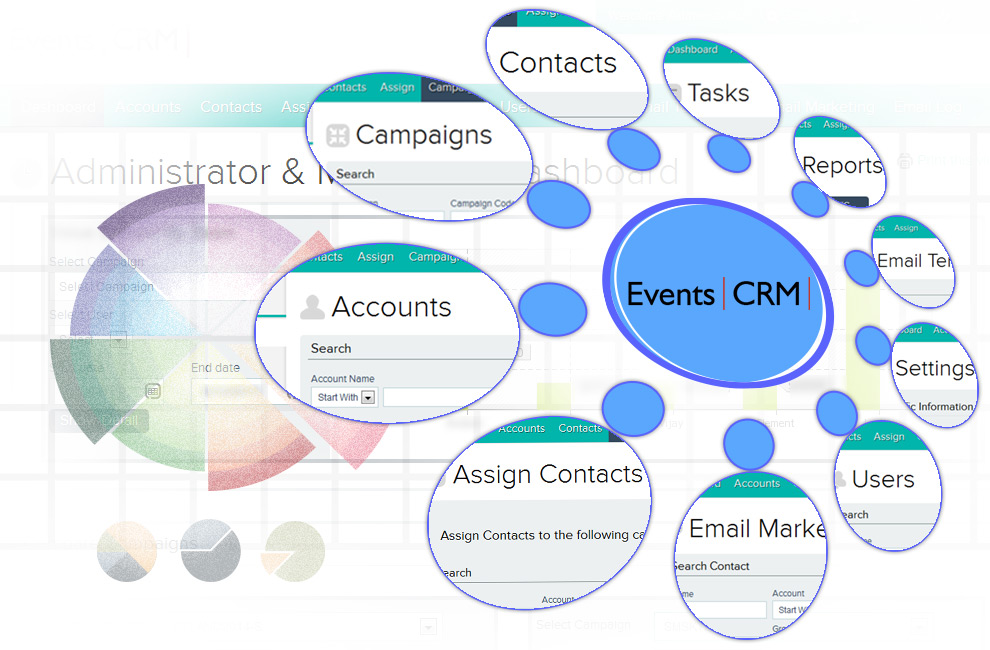Supercharge Your Marketing: A Deep Dive into CRM Mobile Apps

Supercharge Your Marketing: A Deep Dive into CRM Mobile Apps
In today’s fast-paced business landscape, staying connected with customers and managing relationships effectively is no longer a luxury – it’s a necessity. That’s where Customer Relationship Management (CRM) mobile apps come into play, transforming the way businesses interact with their clients and streamlining marketing efforts. This comprehensive guide delves into the world of CRM marketing mobile apps, exploring their functionalities, benefits, and how they can revolutionize your marketing strategies.
What are CRM Marketing Mobile Apps?
At their core, CRM marketing mobile apps are mobile applications designed to provide access to CRM data and functionality on the go. They allow sales, marketing, and customer service teams to access customer information, manage leads, track interactions, and execute marketing campaigns directly from their smartphones or tablets. This accessibility is a game-changer, enabling businesses to stay connected with their customers regardless of their location.
Key Features and Functionalities
CRM mobile apps offer a wide array of features, including:
- Contact Management: Access and manage customer contact information, including names, addresses, phone numbers, email addresses, and social media profiles.
- Lead Management: Track and nurture leads, qualify them, and move them through the sales pipeline.
- Sales Automation: Automate sales tasks, such as scheduling appointments, sending follow-up emails, and creating sales reports.
- Marketing Automation: Execute and monitor marketing campaigns, such as email marketing, SMS marketing, and social media marketing.
- Reporting and Analytics: Generate reports and analyze data to gain insights into customer behavior, sales performance, and marketing campaign effectiveness.
- Task Management: Create, assign, and track tasks to ensure that team members are staying on track.
- Integration: Integrate with other business applications, such as email, calendar, and social media platforms.
- Offline Access: Access critical customer data even without an internet connection.
Benefits of Using CRM Marketing Mobile Apps
Implementing CRM marketing mobile apps offers numerous advantages for businesses of all sizes:
Enhanced Productivity
CRM mobile apps empower sales and marketing teams to be more productive by providing them with instant access to customer data and the ability to perform tasks on the go. This eliminates the need to return to the office to update information or manage leads, saving valuable time and increasing efficiency.
Improved Customer Relationships
By providing real-time access to customer information and interaction history, CRM mobile apps enable businesses to build stronger customer relationships. Sales and marketing teams can personalize their interactions, provide better customer service, and resolve issues more quickly.
Increased Sales
CRM mobile apps can help businesses increase sales by providing sales teams with the tools they need to close deals faster. They can track leads, manage the sales pipeline, and automate sales tasks, allowing them to focus on selling.
Better Marketing ROI
CRM mobile apps enable businesses to execute and monitor marketing campaigns more effectively. They can track campaign performance, analyze data, and make adjustments to improve ROI. This leads to better allocation of marketing resources and more effective marketing strategies.
Improved Collaboration
CRM mobile apps facilitate collaboration among team members by providing a centralized platform for sharing information and tracking progress. This improves communication, reduces errors, and ensures that everyone is on the same page.
Increased Data Accuracy
By allowing team members to update customer data in real-time, CRM mobile apps help to ensure data accuracy. This reduces the risk of errors and ensures that everyone has access to the most up-to-date information.
Key Features to Look for in a CRM Marketing Mobile App
Choosing the right CRM marketing mobile app is crucial for maximizing its benefits. Consider the following features when evaluating different options:
User-Friendly Interface
The app should have an intuitive and easy-to-navigate interface. This will ensure that team members can quickly learn to use the app and will be more likely to adopt it.
Mobile-Specific Functionality
The app should be designed specifically for mobile use, with features optimized for mobile devices. This includes features like offline access, push notifications, and the ability to capture data using the device’s camera or microphone.
Integration Capabilities
The app should integrate with other business applications, such as email, calendar, and social media platforms. This will allow you to streamline your workflows and avoid having to switch between multiple apps.
Customization Options
The app should be customizable to meet your specific business needs. This includes the ability to customize fields, reports, and dashboards.
Security Features
The app should have robust security features to protect your customer data. This includes features like data encryption, user authentication, and access controls.
Reporting and Analytics
The app should provide comprehensive reporting and analytics capabilities. This will allow you to track key metrics, analyze data, and make informed decisions.
Offline Access
The ability to access and update data even without an internet connection is a critical feature, especially for sales teams on the go.
Push Notifications
Real-time notifications for important updates, new leads, and task reminders keep users informed and responsive.
Choosing the Right CRM Mobile App for Your Business
Selecting the ideal CRM mobile app involves a careful assessment of your business needs and priorities. Here’s a step-by-step approach:
1. Define Your Needs
Identify your specific requirements for a CRM mobile app. What features are essential for your sales, marketing, and customer service teams? What are your key performance indicators (KPIs)?
2. Research and Compare Options
Explore different CRM mobile apps and compare their features, pricing, and user reviews. Consider factors such as ease of use, integration capabilities, and customer support.
3. Consider Scalability
Choose an app that can scale with your business as it grows. Ensure that it can handle your increasing data volume and user base.
4. Evaluate Integration Capabilities
Determine whether the app integrates with your existing business systems, such as email, calendar, and accounting software.
5. Assess Security Features
Prioritize security features to protect your customer data. Ensure that the app offers data encryption, user authentication, and access controls.
6. Read Reviews and Testimonials
Gain insights from other users by reading reviews and testimonials. This can help you understand the app’s strengths and weaknesses.
7. Request a Demo or Trial
Test the app before making a purchase by requesting a demo or trial. This will allow you to experience the app’s features firsthand.
8. Consider Pricing and Licensing
Evaluate the pricing and licensing options for different apps. Choose an option that fits your budget and business needs.
Top CRM Marketing Mobile Apps in the Market
Several CRM mobile apps stand out for their comprehensive features and user-friendliness. Here are a few notable examples:
Salesforce Sales Cloud
Salesforce Sales Cloud is a leading CRM platform with a robust mobile app. It offers a wide range of features, including contact management, lead management, sales automation, and reporting. Its extensive integration capabilities make it a versatile choice for businesses of all sizes.
HubSpot CRM
HubSpot CRM is a free, user-friendly CRM platform with a powerful mobile app. It offers essential features for sales and marketing, including contact management, lead tracking, and email marketing. It’s a great option for small to medium-sized businesses (SMBs) looking for a cost-effective solution.
Zoho CRM
Zoho CRM is a comprehensive CRM platform with a feature-rich mobile app. It offers a wide range of features, including sales automation, marketing automation, and customer support. It’s a good choice for businesses looking for a customizable and scalable solution.
Microsoft Dynamics 365
Microsoft Dynamics 365 is a powerful CRM platform with a strong mobile app. It offers a wide range of features, including sales, marketing, and customer service functionalities. It’s well-suited for businesses that already use other Microsoft products.
Pipedrive
Pipedrive is a sales-focused CRM with a user-friendly mobile app. It’s designed to streamline the sales process and help sales teams close deals faster. It’s a great option for businesses that prioritize sales automation.
Implementing CRM Marketing Mobile Apps: Best Practices
Successfully implementing CRM marketing mobile apps requires careful planning and execution. Here are some best practices to follow:
1. Define Clear Goals
Before implementing a CRM mobile app, define your goals and objectives. What do you hope to achieve with the app? How will you measure success?
2. Involve Stakeholders
Involve all relevant stakeholders, including sales, marketing, and customer service teams, in the implementation process. This will ensure that the app meets their needs and that they are invested in its success.
3. Provide Training
Provide thorough training to all users on how to use the app. This will ensure that they understand its features and functionality and can use it effectively.
4. Customize the App
Customize the app to meet your specific business needs. This includes customizing fields, reports, and dashboards.
5. Integrate with Other Systems
Integrate the app with other business systems, such as email, calendar, and accounting software. This will streamline your workflows and avoid data silos.
6. Monitor and Evaluate
Monitor the app’s performance and evaluate its effectiveness regularly. This will help you identify areas for improvement and ensure that you are achieving your goals.
7. Promote Adoption
Encourage users to adopt the app by highlighting its benefits and providing ongoing support. This will ensure that the app is used effectively and that you are maximizing its value.
8. Stay Updated
Keep the app updated with the latest features and security patches. This will ensure that you are getting the most out of the app and that your data is protected.
The Future of CRM Marketing Mobile Apps
The evolution of CRM marketing mobile apps is ongoing, with exciting developments on the horizon. Here are some trends to watch:
Artificial Intelligence (AI) and Machine Learning (ML)
AI and ML are being integrated into CRM mobile apps to automate tasks, provide insights, and personalize customer interactions. This includes features like predictive analytics, chatbots, and personalized recommendations.
Enhanced Automation
Automation is becoming more sophisticated, with apps capable of automating complex workflows and processes. This frees up sales and marketing teams to focus on more strategic tasks.
Improved User Experience (UX)
Mobile app developers are focusing on improving the user experience, with intuitive interfaces, personalized dashboards, and seamless navigation.
Increased Integration
CRM mobile apps are integrating with more and more third-party applications and platforms, creating a unified view of the customer and streamlining workflows.
Focus on Mobile-First Strategies
Businesses are increasingly adopting mobile-first strategies, with CRM mobile apps playing a central role in their marketing efforts. This includes features like location-based marketing, mobile payments, and mobile-optimized content.
Conclusion: Embracing the Power of CRM Marketing Mobile Apps
CRM marketing mobile apps are transforming the way businesses manage customer relationships and execute marketing campaigns. By providing real-time access to customer data, automating tasks, and enabling personalized interactions, these apps empower sales and marketing teams to be more productive, build stronger customer relationships, and drive revenue growth.
By choosing the right CRM mobile app and implementing it effectively, businesses can unlock a wealth of benefits, including enhanced productivity, improved customer relationships, increased sales, and better marketing ROI. As the technology continues to evolve, CRM mobile apps will play an increasingly critical role in the success of businesses of all sizes. Embrace the power of CRM marketing mobile apps and take your marketing efforts to the next level.




